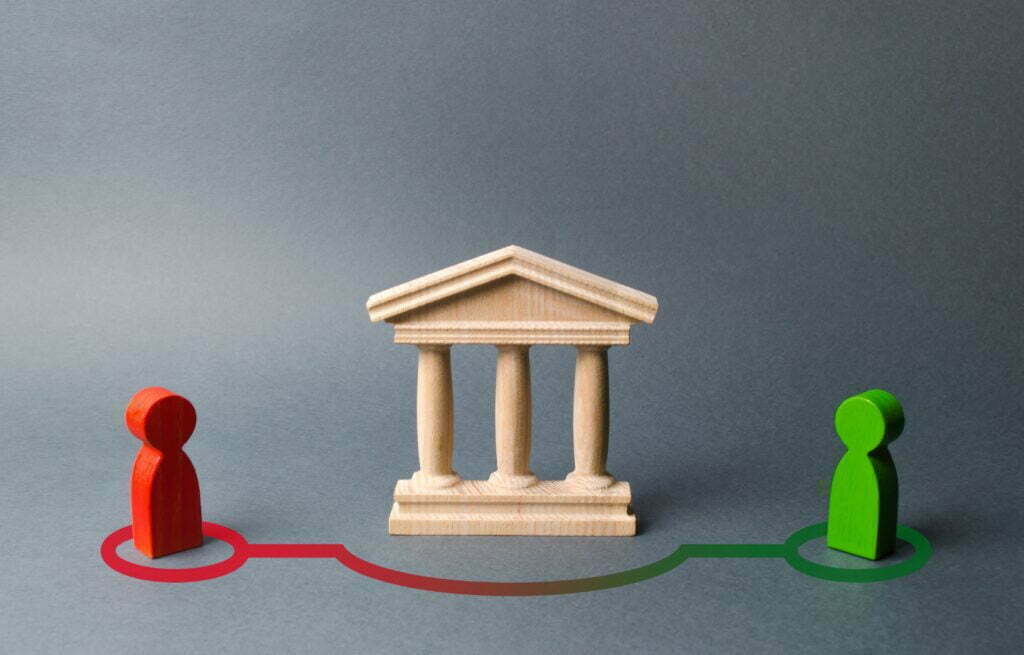
Oftentimes, rather than going to court, a case will go to mediation instead. But you might ask, “what should I expect at mediation?” If you ask this question, there’s a chance you might be feeling anxious since you’re unsure what you will be facing.

Don’t worry – while the process can be intimidating at first, we’re here to let you know what mediation is really like. By understanding what to expect during a mediation session, you’ll be better prepared for the day of.
First of all, what is mediation? Basically, instead of having a trial, the two parties (in this case, probably you and the insurance company’s team) will meet with a neutral third person to try to resolve a claim before a hearing. It gives you and the insurance company a chance to work out your own deal to close a case.
During the process, each side presents its side of the story in detail and then listens carefully as the other side does the same. After hearing both sides out, they attempt to find common ground and discuss potential solutions until an agreement is reached. Unlike litigation, mediation is voluntary and allows those involved to decide what will be done in order to resolve their disagreement instead of relying on a judge or jury.
How is this different than court? For one, no one can make you or the other side settle your claim. You only form an agreement if you both actually agree to the final terms. Additionally, you won’t be sworn in or questioned. Of course, you have the right to speak, but it’s not a requirement. But don’t worry, your attorney will give you more details about speaking before the mediation.
Unlike cases in court, mediation really gives the parties more control over their own decisions and reduces animosity between them since they are actively involved in reaching a settlement together. Mediation is also faster than typical court hearings, typically resolves issues quickly within one or two days, lowers costs associated with court proceedings, and encourages cooperation and compromise which takes away from the hostile environment that generally exists during in-court litigation.

Who is the mediator and what do they do? The mediator is the person who comes in as the neutral third party — they’re not on your side, and they’re not on the insurer’s side. The mediator acts as a facilitator who assists the parties in finding common ground. They will most likely talk with you about the tough parts of your case. But don’t feel singled out! They’ll also be asking the other party questions as well. They will act as a go-between between you and the other side.
The mediator helps each side understand the opposing viewpoint and encourages them to think outside the box for creative solutions. They do not decide the outcome of the dispute; instead, they guide and facilitate communication between the parties to allow them to reach an agreement on their own. This will help get each side’s points and arguments across. If you are able to come to an agreement, the mediator will write it up and everyone will sign it. At this point, your case will be resolved.
Mediation is a common practice in workers’ comp law. In fact, our courts order that each case at least attempts to come to an agreement through mediation before going to trial — which is good for you because mediation generally saves a lot of time and money. Moreover, both parties are able to feel like they contributed to the outcome and generally walk away satisfied. Don’t worry, though, if your mediation is unsuccessful. This just means that your case will move onto the court, where a Judge will make a final decision.









